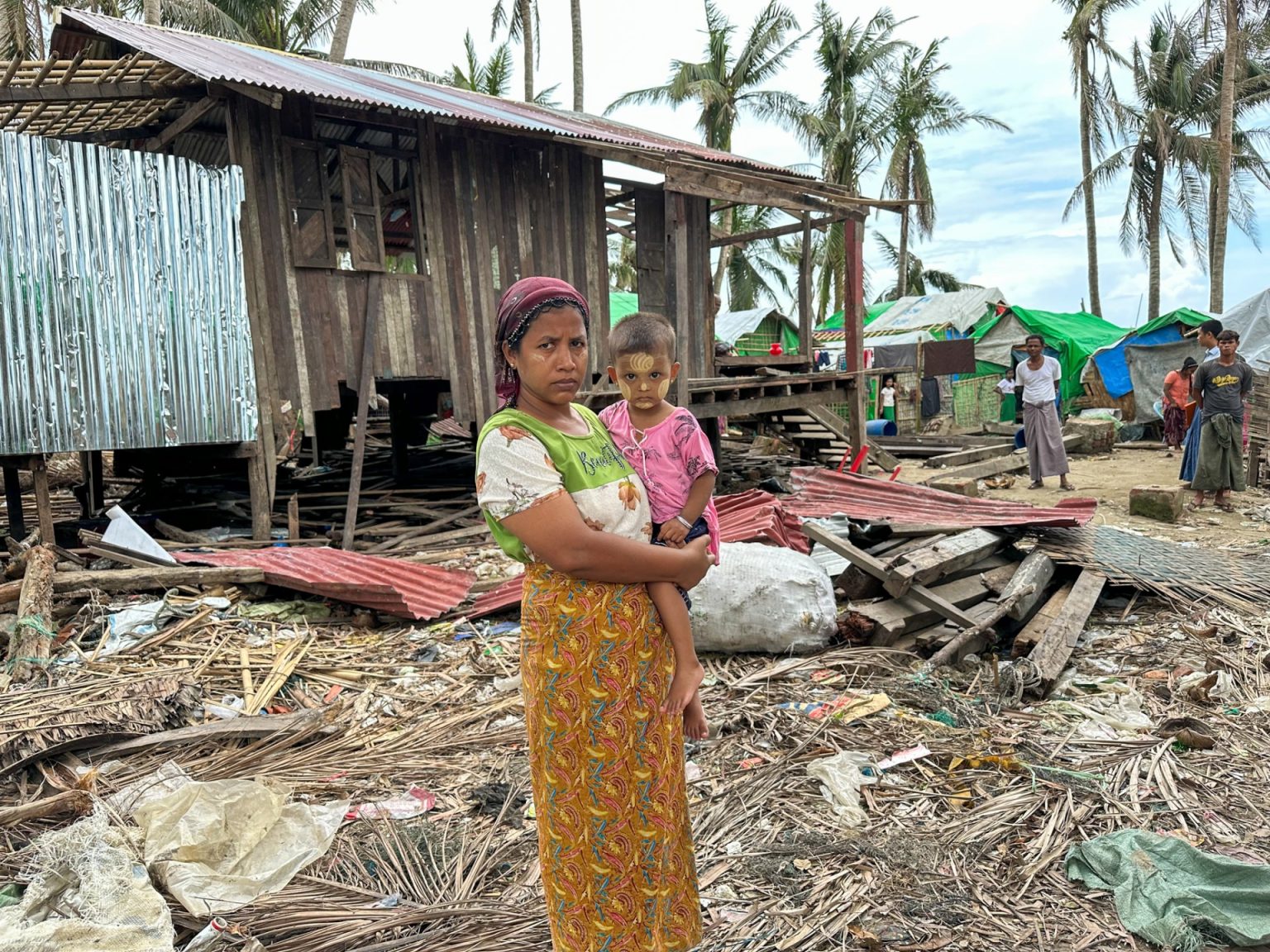The United Nations refugee agency released a report stating that forced displacement hit record levels worldwide last year, with 120 million people displaced due to wars and conflicts. This number is equal to the population of the 12th largest country in the world, Japan. Filippo Grandi, the UN high commissioner for refugees, expressed concern over the continuous increase in displaced populations for the past 12 years, emphasizing the need for urgent action to address the root causes of forced displacement.
Recent events in Sudan, Gaza, the Democratic Republic of the Congo (DRC), and Myanmar have led to new displacements. By the end of 2023, 10.8 million Sudanese were displaced, while 1.7 million people in the Gaza Strip were displaced due to Israeli attacks. Syria remains the world’s largest displacement crisis, with 13.8 million people forcibly displaced within and outside the country. The report highlighted that the largest increase in displacement came from people fleeing conflicts within their own countries, with the number rising to 68.3 million, a nearly 50% increase over five years.
The number of refugees in need of international protection reached 43.4 million, with a vast majority hosted in neighboring countries. However, 75% of refugees are residing in low and middle-income countries that produce less than 20% of the world’s income. The UNHCR emphasized the need for better cooperation and concerted efforts to address conflicts, human rights violations, and the climate crisis to prevent further increases in displacement figures. Without such actions, displacement will continue to rise, leading to more suffering and costly humanitarian responses.
The report underscores the urgent need for international action to tackle the root causes of forced displacement. Grandi emphasized that behind the rising numbers of displaced individuals are countless human tragedies that must serve as a call to action for the international community. The report highlighted the importance of addressing conflicts, human rights violations, and the climate crisis in order to prevent further increases in displacement figures. Without such efforts, displacement will continue to rise, resulting in more misery and demanding costly humanitarian responses.
The report also highlighted the critical situation in various countries such as Sudan, Gaza, the DRC, and Myanmar, where recent events have led to new displacements. These conflicts have contributed to the overall increase in displaced populations globally. Syria remains a major displacement crisis, with millions of people forced to flee their homes. The report warned that without immediate action, displacement figures will keep rising, exacerbating human suffering and necessitating expensive humanitarian interventions.
The UNHCR’s Global Trends Report underscores the pressing need for a collective response to address the complex challenges driving forced displacement worldwide. With conflicts, human rights abuses, and the climate crisis exacerbating displacement, urgent action is needed to prevent further increases in displaced populations. The report emphasizes the importance of addressing the root causes of displacement, such as conflicts and human rights violations, to create lasting solutions for those affected. Without concerted efforts, the world risks facing a worsening displacement crisis, leading to more suffering and costly humanitarian responses.


